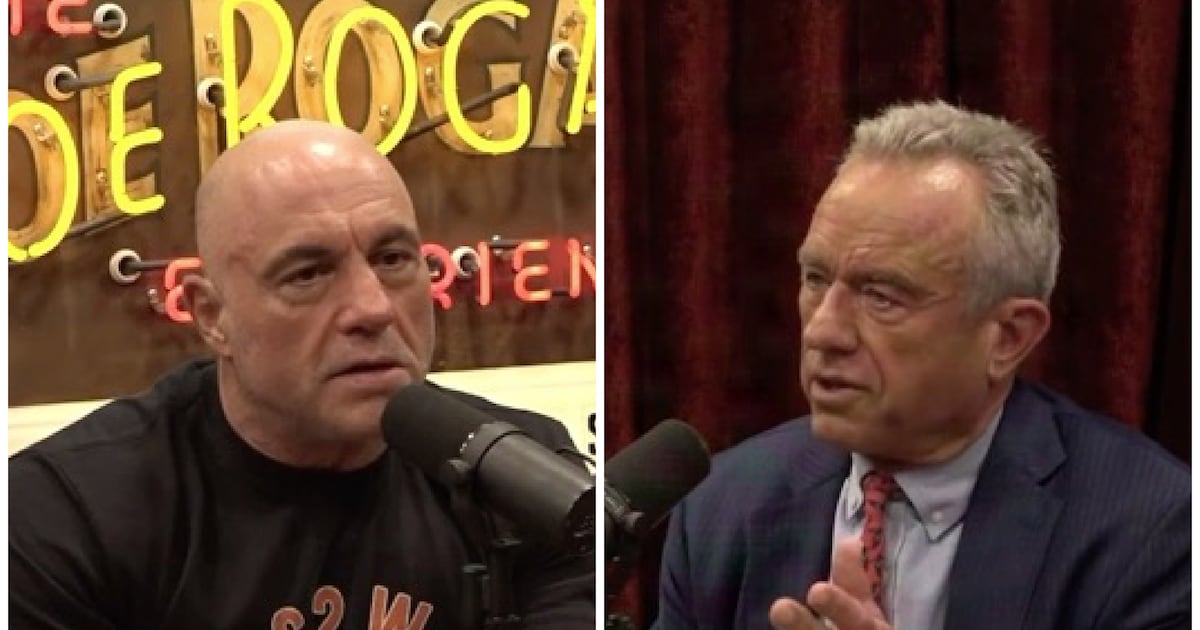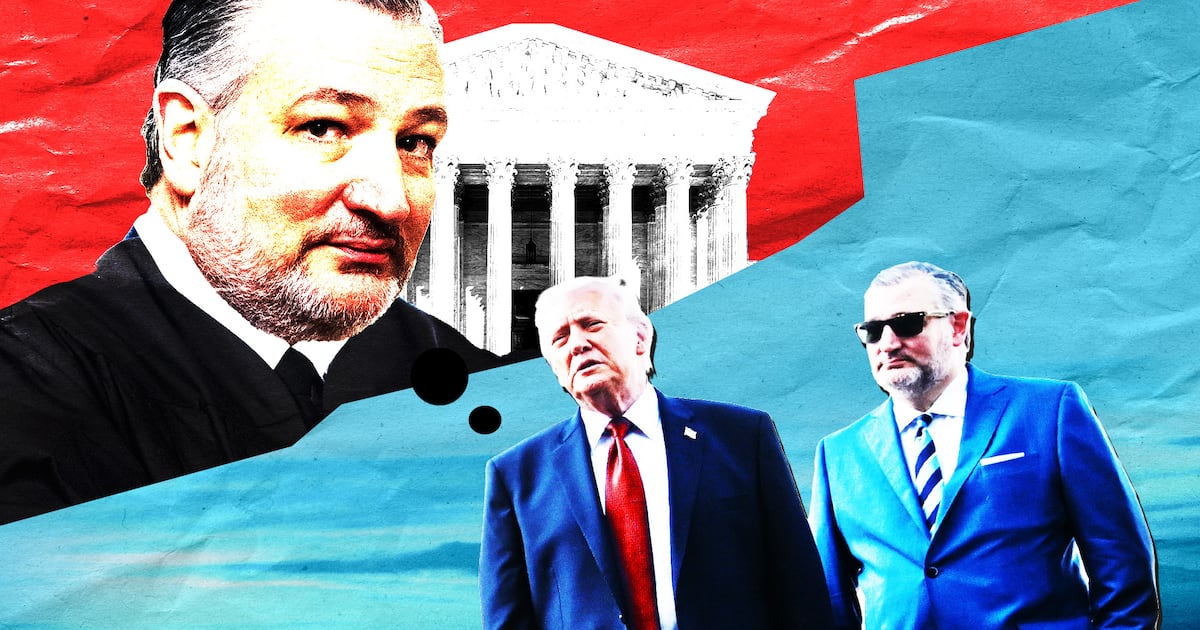On Monday night, the Twitter account Star Wars Facts tweeted out that Star Wars: The Last Jedi’s Kelly Marie Tran, the first woman of color to land a leading role in the mega-popular franchise, had “deleted all the posts off her Instagram due to months of harassment she has received for her character Rose in #TheLastJedi.”
And while it’s probably not advisable to get all of your franchise news from Star Wars Facts, this depressing update checks out for a number of reasons. Tran’s Instagram does appear to be scrubbed, robbing online trolls of a forum they once used to personally attack the actress. Now, the only evidence of life on her social media account is her bio: “Afraid, but doing it anyway.”
So how did a breakout role in an incredibly influential film end in fear and self-censorship? For anyone who’s been following recent trends within the Star Wars fandom, this outcome would actually be fairly predictable; in fact, given the racism, misogyny, and general toxicity that’s built up around the franchise, it’s impressive that Tran was able to last this long. Like so many other assholes, bigoted Star Wars fans have recently become emboldened, emerging from the chrysalises of racist Reddit threads as ubiquitous, bullshit-spouting butterflies. They’ve spread their social media wings, starting Twitter campaigns and harassment initiatives in the hopes of ensuring that white men’s voices are finally heard.
It goes without saying that the uber-fame of the Star Wars universe would likely take its toll on any actor, even the ones who aren’t being targeted by the alt-right.
Long before Tran’s Last Jedi time, actors buckled under the weight of starring in a franchise that means so much to so many. The Daily Beast previously reported on the strange, disturbing case of Jake Lloyd, the former child star who played Anakin Skywalker in the 1999 Star Wars prequel The Phantom Menace: “After his turn in the famously hated first prequel, Lloyd reportedly destroyed all of his Star Wars memorabilia and quit acting—and true to his word, he has not appeared in a film since.”
In 2015, Lloyd was involved in a police chase and subsequent car crash, and was reportedly arrested for reckless driving, failure to stop, resisting arrest and driving without a license. In interviews, he recalled the aftermath of Star Wars as a “living hell.”
Remarkably, Lloyd is not the first actor who resolved to quit the industry after what ought to have been the gig of a lifetime. Hayden Christensen also almost succumbed to the Anakin Skywalker curse, fleeing Hollywood for a farm after starring in the prequels Attack of the Clones and Revenge of the Sith.
But Star Wars’ historically-scarring effect on leading men/boys pales in comparison to the world of hurt that the fandom unleashes on actors who aren’t white dudes. The toxic fans have sunk to new lows in the Trump era in an apparent effort to make Star Wars white and male again. In 2015, ahead of the release of Star Wars: Episode VII — The Force Awakens, the racist and meninist masses rose up to protest its young female and black male leads, played by Daisy Ridley and John Boyega. The Daily Beast’s Jen Yamato chronicled the utterly lame and hateful #BoycottStarWarsVII movement, categorizing the hashtagged sentiments under “straight up racism,” “Star Wars as anti-white propaganda,” and “DIRECTOR J.J. ABRAMS IS IN ON IT TOO, BECAUSE JEWISH CONSPIRACY.”
“Perhaps not shockingly,” Yamato wrote, “a deep dive into the #BoycottStarWarsVII hashtag (which is now, delightfully, dominated by true blue fans ridiculing the racists), yields a curious overlap of racist Star Wars invective and pro-Donald Trump tweets.”
In a separate instance of social media madness, The Force Awakens star Daisy Ridley left Instagram in 2016, reportedly because she was bombarded with hateful comments after posting an anti-gun violence message on social media.
While The Force Awakens ultimately brought in $2 billion at the global box office, that didn’t put the backlash to rest. If anything, the cries of anti-white, social justice warrior propaganda became canon themselves, predicting that every future Star Wars film would be met with viral boycott.
After Rogue One screenwriter Chris Weitz tweeted out “Star Wars against hate” shortly after the 2016 election, Trump/Star Wars fans took to social media to commiserate over their lost franchise and make stuff up. Noted Pizzagate conspiracy theorist Jack Posobiec proceeded to tweet, “Star Wars writers rewrote and reshot Rogue One to add in Anti Trump scenes calling him a racist. Disgusting. #DumpStarWars.” Then it was off to the alt-right races, with fellow Pizzagater Mike Cernovich writing, “Writers of new Star Wars said people who vote for Trump support Hitler. If you still give them your money, shameful.”
To his credit, Disney CEO Bob Iger dismissed the minor controversy as “overblown” and “silly.” Director Gareth Edwards seemed to laugh off the “fake news” in a Daily Beast interview, remarking, “I mean, that was blatantly fake. I don’t know where that came from…I forgot what the number is, but I think when it’s been copied-and-pasted twenty times, it becomes the truth.”
Which brings us to Kelly Marie Tran and The Last Jedi. For some fans, Tran’s casting was even more proof that Star Wars was being taken away from the white man, flooded with diverse characters and caving to the feminist, social justice warrior agenda. Unsurprisingly, this segment of the fandom is hella racist. A troll even defaced Tran’s page on “Wookieepedia.” According to Newsweek, “Her name was changed to ‘Ching Chong Wing Tong,’ and her homeworld (Hays Minor) to ‘Ching Chong China.’ A fake quote was also attributed to Rose: ‘Heil Hitler and I don’t know why I was casted [sic] in a good movie like Star Wars.’” These edits were subsequently deleted, and the guilty user was blocked.
The Last Jedi’s Rotten Tomatoes page was reportedly attacked by alt-right-orchestrated bots, and SYFY reported that, “Members of the alt-right’s anger over The Last Jedi has been stoked by the leading voices of the reactionary nationalist movement.”
“It is even more extreme in the specialized, explicitly hateful sites and social network hives of where this loose amalgam of a movement dwells,” the SYFY article continued. “Sites like the far-right, explicitly racist blog ‘Stuff Black People Don’t Like’ allege that Star Wars has become ‘anti-white’ (though the majority of its cast is still white), while parodies with expressly anti-Semitic messages and creative titles like ‘The Last Snowflake’ get passed around by self-professed sh**posters.” Then there was the infamous Last Jedi MRA cut, a 46-minute “de-feminized” edit that offers fans the chance to enjoy the film without suffering through all of those pesky lady bits.
While “The Last Jedi: De-Feminized Fanedit,” was hilariously stupid, the brand of harassment that these shitty opinions give way to is no joke for people who are trying to live within the larger Star Wars universe. As The Observer noted in a recent article on misogyny and racism in the Star Wars fandom, “Ultra right-wing fans have taken extreme umbrage with the sequel trilogy and anthologies’ emphasis on diversity. These viewers can’t seem to accept a black main character (John Boyega’s Finn) or heroic female leads (Daisy Ridley’s Rey and Felicity Jones’ Jyn Erso from Rogue One) …These are the ‘fans’ who make Star Wars a particularly hostile environment for some to traverse, especially for female entertainment reporters who receive endless streams of nasty hatred online.” Vanity Fair’s Joanna Robinson offered, “If you do take a step back, it’s crazy that Star Wars fans have told me to kill myself. Repeatedly.”
Caught up in this culture war are real people, logging on to Twitter to death threats after publishing a Star Wars take or having their Instagram flooded with racist vitriol. To state the ought-to-be obvious, no one should have to sacrifice their social media, their fandom community, or their career because a franchise they love has been overrun by rabid jerks.
Now just imagine how unpleasant the internet would be if a Star Wars film was finally helmed by a female director.






